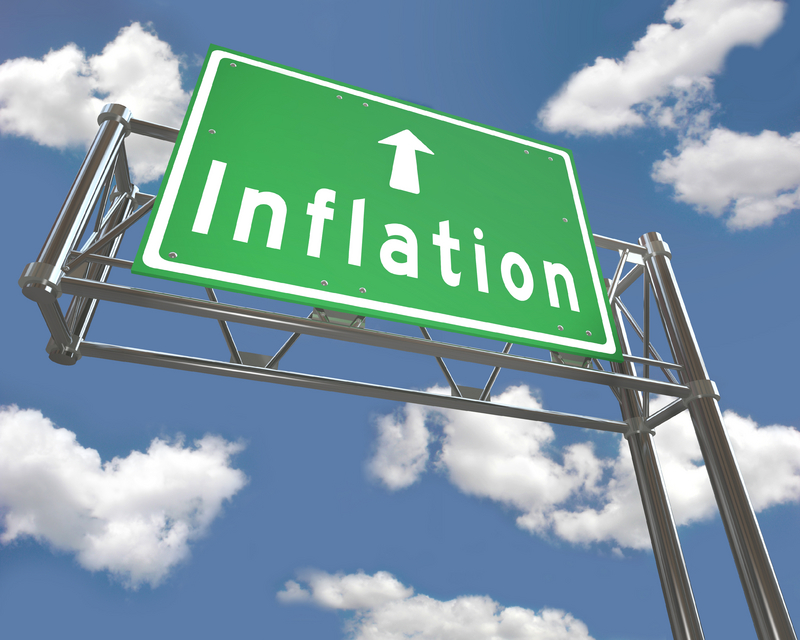Household Bills
Reaction: CPI figures

Joshua Raymond, City Index
“The figure place the Bank of England between a rock and a hard place, while house buyers, consumers and borrowers will all be buoyed by the news – as will the government. The threat of deflation will push the timeline for rate hikes further out, but today’s news will likely be championed by the Conservatives as part of their election drive.”
Andy Scott, HiFX
“We don’t envisage a situation where the UK faces a downwards spiral of prices that would require a response from the BoE, as has been happening in the Eurozone. At the moment, the lower prices are on everyday essentials such as fuel and food that consumers can choose where they buy it from, but are unable to hold off waiting for prices to drop.”
“It does however mean we’re unlikely to see an interest rate hike anytime soon, which means sterling has weakened slightly. It is currently towards its lowest level against the dollar in five years, while the euro is towards its highest level in over seven years.”
Maike Currie, Fidelity Personal Investing
“It is reassuring that UK inflation has not dipped into negative territory. However, the consumer price index number for March at zero is still a far cry from the Bank of England’s target inflation rate of 2.0 per cent. Consumer price inflation has come down dramatically from 2.0 per cent at the end of 2013 and a peak rate of 2.9 per cent in June 2013.
“Britain has been hovering in the parking bay of ‘deflation station’ for some time now. Today’s figure will help abate concerns that the country has fallen into a 1930s-style deflationary spiral, however, it is important to recognise the drivers behind this persistent fall in prices: a plummet in our grocery prices as a result of the ongoing discount battle between supermarkets, the staggering collapse in the oil price and a stabilisation in our utility bills.
“Food, fuel and energy are all essential items to the consumer. No-one is going to delay their purchases of any of these in anticipation of future prices falls. After all, you need to eat, keep warm and get to work. The effect of these factors are therefore likely to be relatively short-lived – the past month already witnessed a slight uptick in petrol prices.
“It is important for investors to distinguish between unhealthy deflation, a self-perpetuating spiral of falling prices and disinflation, a slowdown in the rate of inflation. Don’t confuse the two. Disinflation is good news – it lines the pockets of consumers and boosts the economy. Deflation is dangerous because it causes companies and consumers to do the exact thing that causes more deflation – delay spending in the hope of further price falls in future. A 0.7% rise in month-on-month retail sales volumes in February, reported by the British Retail Consortium (BRC), demonstrates that consumers aren’t delaying spending in anticipation of further price falls”.
Ben Brettell, Hargreaves Lansdown
“If fuel prices continue to increase this could mean outright deflation is avoided, though inflation is likely to hover around zero for the next few months…Underlying inflationary pressure in the economy remains weak.
“I can’t see interest rates rising before mid-2016 – and even then, the interest rate swap market currently suggests interest rates will average less than 1.25 per cent over the next five years, and less than 1.65 per cent over the next ten years.”
Jason Hollands, Tilney Bestinvest
“Political uncertainties remain one of the key short-term risks to UK equity markets, given that current polling suggests there will be no clear winner on 7 May, and the tendency for markets to over-react to events.”
“A minority government, with a shift towards an emphasis on higher taxes and a less rigorous focus on control of spending, as well as the potential re-emergence of Scottish independence on the table could spook international investors and add pressure on Sterling as well as prompt some ditching of Gilts and UK shares.
“Shorter term considerations aside, UK interest rates will be determined by the Bank of England with due consideration of inflation expectations, rather than who is sitting in Number 10. In this respect the main game in town for determining the direction of inflation at the moment is international commodity prices. We see a continued weak oil price, well below the levels of 12-months ago as broadly supportive for equities as it should keep inflation low and therefore in turn reduce pressure on the Bank of England for interest rate rises. A knee-jerk sell-off in UK equities in response to the election would therefore represent a buying opportunity rather than a reason to head for the hills.”